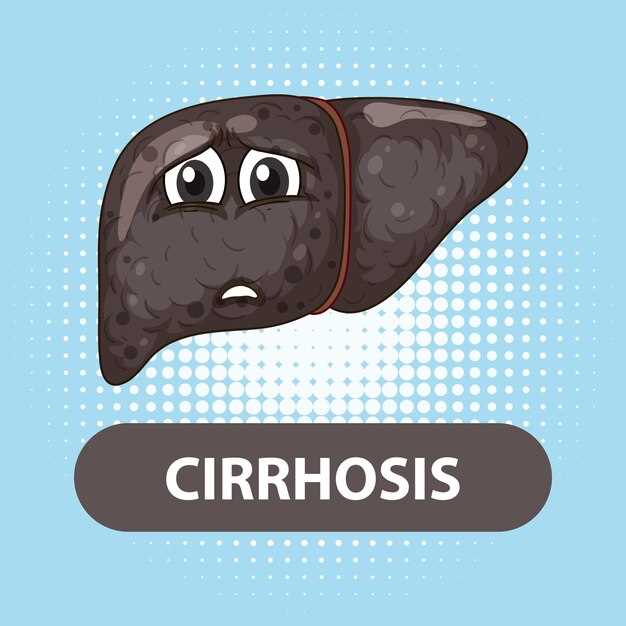
Are you taking tamsulosin for your prostate condition? It’s important to be aware of the potential risks to your liver health. Tamsulosin has been associated with liver damage in some cases.
Take proactive steps to safeguard your liver: consult your healthcare provider regularly, monitor liver function tests, and be cautious of any signs of liver problems such as jaundice or abdominal pain.
Don’t compromise your liver health – prioritize it while managing your prostate condition with tamsulosin.
Causes of liver damage
Liver damage can be caused by various factors. Some common causes include:
Alcohol
Excessive alcohol consumption can lead to liver damage over time. The liver metabolizes alcohol, and chronic alcohol abuse can cause inflammation, fatty liver disease, and ultimately liver damage.
Hepatitis
Hepatitis viruses, including hepatitis B and C, can infect the liver and cause inflammation. Chronic hepatitis infections can lead to liver damage, cirrhosis, and an increased risk of liver cancer.
| Causes | Effects |
|---|---|
| Alcohol | Inflammation, fatty liver disease |
| Hepatitis | Infections, cirrhosis, liver cancer |
Symptoms of liver damage
Liver damage can lead to a variety of symptoms that can indicate a problem with this vital organ. Some common symptoms of liver damage include:
- Jaundice: Yellowing of the skin and eyes due to an accumulation of bilirubin in the blood.
- Abdominal pain: Pain or discomfort in the upper right side of the abdomen where the liver is located.
- Swelling: Swelling or bloating in the abdomen or legs due to fluid retention.
- Fatigue: Feeling tired or weak, even after adequate rest.
- Nausea and vomiting: Feeling sick to the stomach and vomiting frequently.
- Loss of appetite: Decreased or no desire to eat, leading to weight loss.
- Dark urine: Urine that is darker in color than usual, indicating liver dysfunction.
- Pale stools: Stools that are lighter in color than usual due to a lack of bile production.
If you experience any of these symptoms of liver damage, it is important to consult a healthcare provider for an accurate diagnosis and appropriate treatment.
Treatment options

Medical treatment
Medical treatment for Tamsulosin-induced liver damage usually involves stopping the medication and closely monitoring liver function. In severe cases, additional medications may be prescribed to help support liver function and reduce inflammation.
Lifestyle changes
It is important to make healthy lifestyle choices to support liver health. This includes maintaining a balanced diet, avoiding alcohol and smoking, staying hydrated, and getting regular exercise. These changes can help promote liver regeneration and overall well-being.
Prevention tips
1. Maintain a healthy weight through proper diet and regular exercise.
2. Limit alcohol consumption to reduce the risk of liver damage.
3. Avoid smoking and exposure to toxins that can harm the liver.
4. Practice safe sex and avoid sharing needles to prevent the transmission of hepatitis viruses.
5. Get vaccinated against hepatitis A and B to protect your liver.
6. Follow proper medication guidelines and consult your healthcare provider before taking any new medications.
7. Practice good hygiene to prevent infections that can lead to liver damage.
8. Stay hydrated by drinking plenty of water throughout the day.
9. Eat a healthy diet rich in fruits, vegetables, and whole grains to support liver health.
10. Regularly monitor liver function through blood tests and screenings recommended by your doctor.
